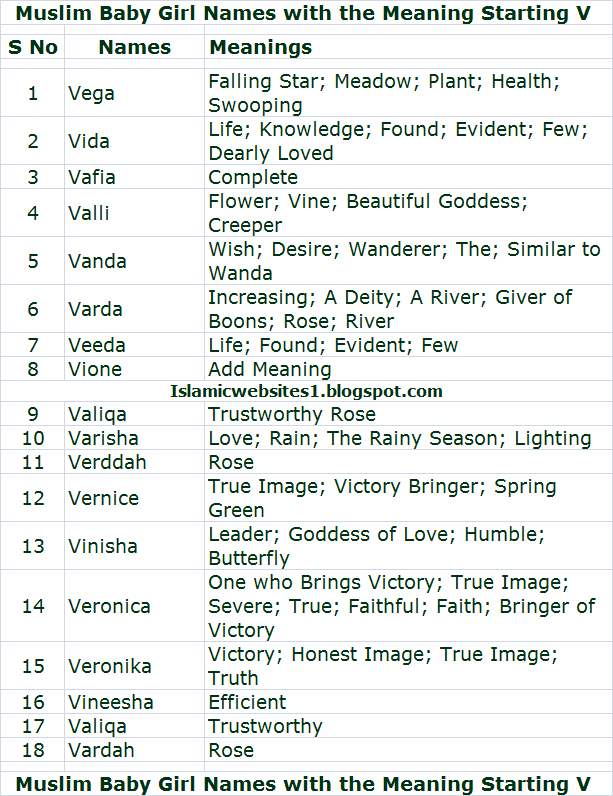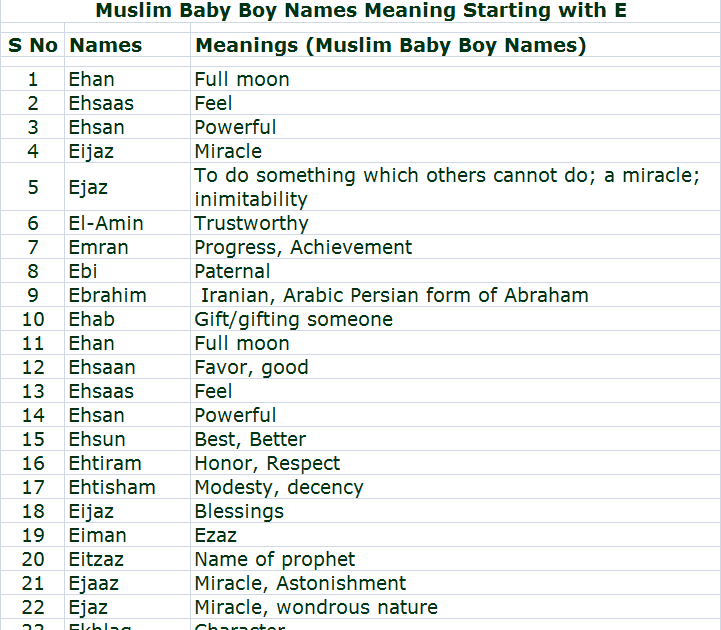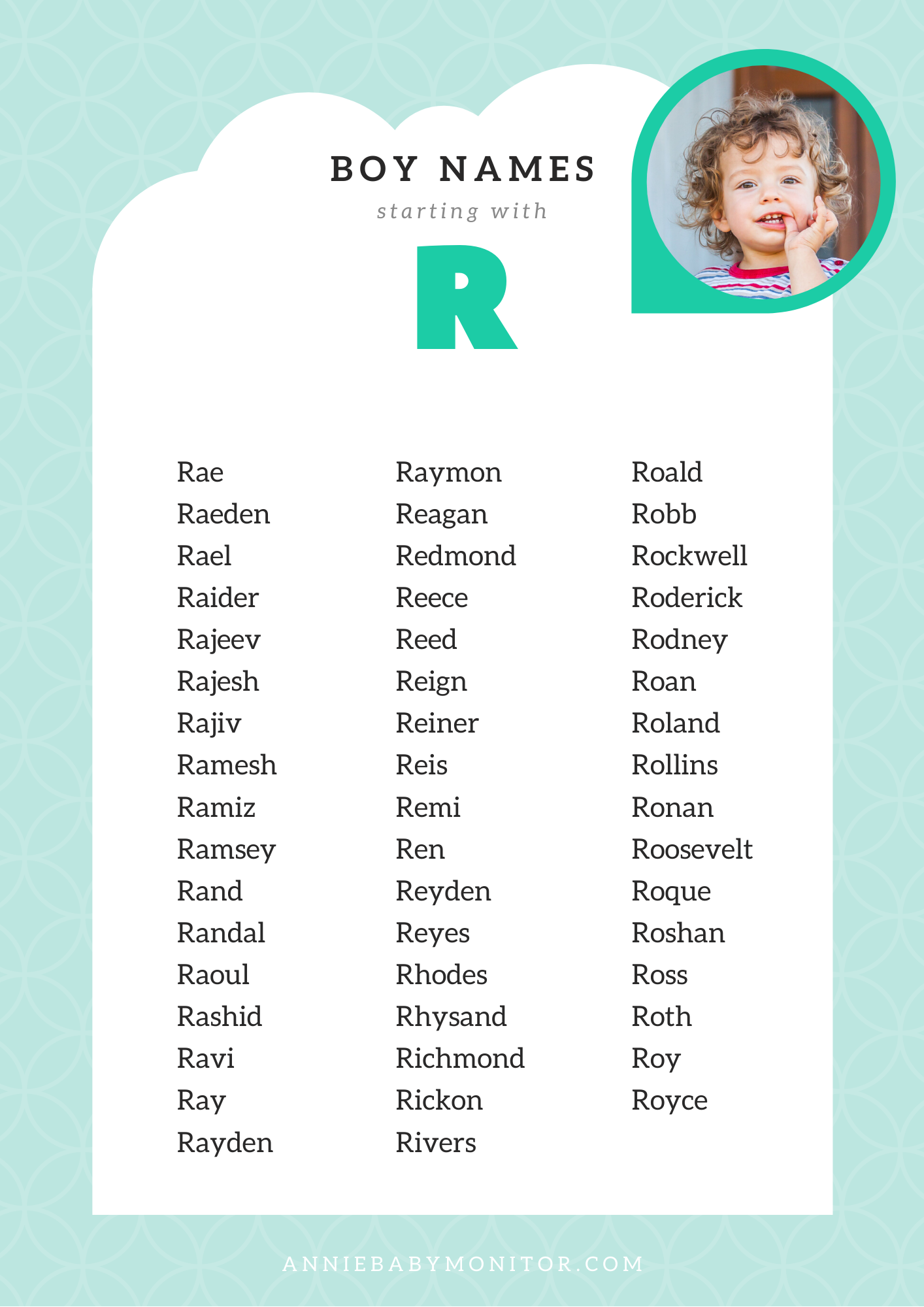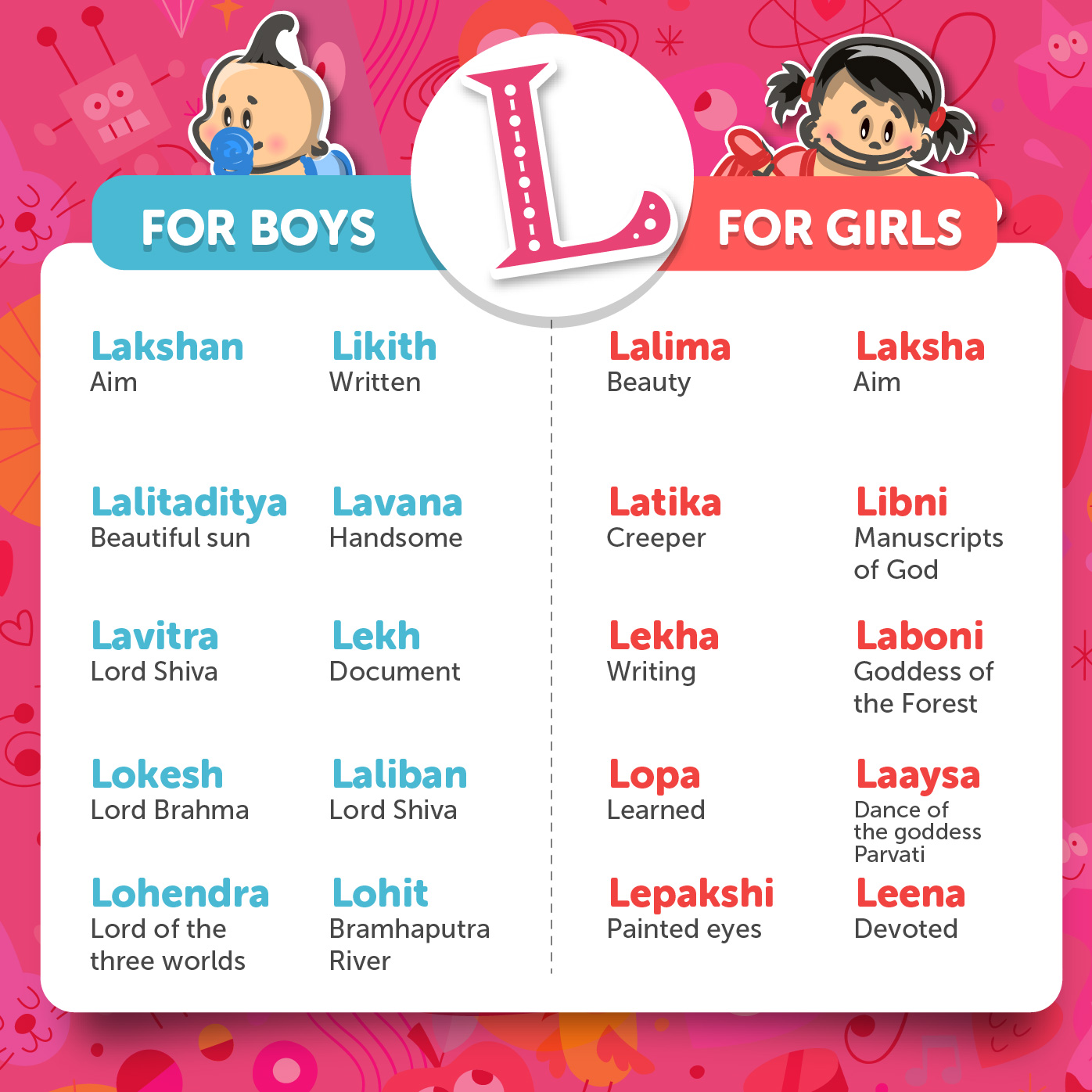Baby boy names starting with letter a with meaning: Baby Boy Names That Start With A
Posted onAll the names of the characters from The Lord of the Rings tell us something. What exactly? / Habr
Professor John Tolkien is an unsurpassed master of the English language. In his «The Hobbit» and «The Lord of the Rings» speech is so juicy and ambiguous that linguists have been finding something new in it for decades. And this is even without the contextual complexity and sophistication of The Silmarillion.
In addition to the fact that Tolkien created more than twenty artificial languages for the Middle-earth saga, he also worked at the deepest level with English. Almost all the characters in his books have telling names, even if it is not noticeable at first glance. Let’s take a look at some of them.
John Tolkien was an outstanding linguist. In addition to perfect command of English, he more or less knew more than a dozen other languages: French, German, Italian, Finnish, Norwegian, Welsh, Danish, Swedish, Finnish, Gaelic and even Russian. Moreover, he also knew the ancient languages: Latin, Old Norse, Gothic, Middle English and Old English.
Such extensive knowledge in linguistics allowed the writer to easily juggle meanings and sub-meanings. Including the names of the characters.
Frodo Baggins is well done: both handsome and wise.
Frodo Baggins is the main character in The Lord of the Rings. His name comes from the Old Norse morpheme «frōd» — wise, reasonable. This is a very real Scandinavian name, although quite rare these days.
It is interesting that Frodo at the very beginning of the saga does not seem to be wise at all, but on the contrary. And in the process of narration, it is this feature that develops and reveals the most.
At the beginning Frodo and Gandalf had the following dialogue about Gollum:
— What a pity that Bilbo did not stab that vile creature, when he had a chance!
— Pity? It was Pity that stayed his hand. Pity, and Mercy: not to strike without need. And he has been well rewarded, Frodo. Be sure that he took so little hurt from the evil, and escaped in the end, because he began his ownership of the Ring so.
With Pity.
— …He deserves death.
— Deserves it! I dare say he does. Many that live deserve death. And some that deserve life. Can you give it to them? Then do not be too eager to deal out death in judgment. For even the very wise cannot see all ends.
***
(translated by V. Muraviev and A. Kistyakovsky)
— What a pity that Bilbo didn’t stab that scoundrel when he had such an opportunity!
— Pity, you say? Why, it was pity that held his hand. Pity and mercy: it is impossible to kill without extreme need. And for this, my friend Frodo, he had a great reward. No wonder he did not become a minion of evil, no wonder he was saved; and all because he started with pity!
— … He deserved to die.
— Deserving something deserved, no doubt. And he, and many others, their name is legion. And count those who should live, but they are dead. You can resurrect them — so that everyone deserves what they deserve? But no — so do not rush to condemn anyone to death.
For even the wisest cannot see everything.
And towards the end of the journey, Frodo softened his opinion of Gollum significantly when he led him and Sam through the Dead Marshes. He freed him from the leash, protected him from Sam’s attacks and aggression, and even offered to share bread with them.
A little earlier we saw the scene after the battle with Saruman in Isengard, when the wizard had already lost all his powers. And when Frodo said the following:
— Do not believe him! He has lost all power, save his voice that can still daunt you and deceive you, if you let it. But I will not have him slain. It is useless to meet revenge with revenge: it will heal nothing.
***
(translated by V. Muraviev and A. Kistyakovsky)— Don’t believe him! He has no witchcraft power, only his voice deceives and fascinates those who succumb. But I won’t let you kill him. No need to avenge revenge — only evil will come to the world.

From the very beginning of the journey, Frodo’s morale grew a lot and indeed became more reasonable. And Tolkien, already on the first pages of the story, with just one name hints where the character will develop and what his character will be.
Smeagol is almost like Smaug, only small
Since Gollum-Smeagol has already been mentioned, the next one should consider his ins and outs, because this name also carries a number of meanings.
Smeagol goes back to the proto-Germanic verb «smūgan», which means «to walk, sneak, crawl slowly». The verb «smēagan», which was formed from it, means «to explore, examine». That is, in the name Smeagol there is both curiosity and earthiness at the same time. And both of these meanings are played out in the description of the character.
The most inquisitive and curious-minded of that family was called Sméagol. He was interested in roots and beginnings; he dived into deep pools; he burrowed under trees and growing plants; he tunnelled into green mounds; and he ceased to look up at the hill-tops, or the leaves on trees, or the flowers opening in the air: his head and his eyes were downward.

***
(translated by V. Muraviev and A. Kistyakovsky)
The most dexterous and inquisitive of this family was called Smeagol. He needed to know everything: he dived into the pools, dug under the green hills, got to the roots of the trees, but did not raise his eyes to the mountain tops, tree crowns and flowers opened to the sky — his gaze was riveted to the ground.
And no, now we will not comment on why Muravyov’s Sméagol turned into Sméagol. Comparison of translations of The Lord of the Rings is a topic for a separate large article.
But there is also another meaning of the word «smēag» — «reptile, worm, snake or dragon». And Tolkien obviously took this into account, because he drew parallels between Sméagol and Smaug, the dragon who met in The Hobbit.
This reference is clearly not accidental, because in his lecture «Beowulf: monsters and critics» Tolkien, describing the dragon from «Beowulf», suspiciously accurately conveys the character of Gollum-Smeagol:
Beowulf’s dragon…is not to be blamed for being a dragon, but rather for not being dragon enough…there are in the poem some vivid touches of the right kind…in which this dragon is real worm, with a bestial life and thought of his own, but the conception, none the less, approaches draconitas rather than draco: a personification of malice, greed, destruction (the evil side of heroic life), and of the undiscriminating cruelty of fortune that distinguishes not good or bad ( the evil aspect of all life).

***
If we criticize the dragon of Beowulf, it is not because he is a dragon, but rather because he is not quite a dragon… There are bright and true notes in the poem… Here we have a real serpent endowed with its own animal life and thought, but the concept, nevertheless, is closer to draconitas [“dragon” — lat .] than to draco [dragon — lat .]: to the embodiment of malice, greed, thirst for destruction (the reverse side of the heroic life) and indiscriminate cruelty of fate, which does not distinguish between good and evil (the reverse side of life in general).
Even literary critics admit that there is a rather obvious semantic connection between Gollum-Smeagol, Smaug and the dragon from Beowulf. At the same time, the split of the character’s personality exaggerates these values. Smeagol is still inquisitive and inquisitive, but his alter ego, Gollum, embodies greed, anger and destruction.
Being an excellent linguist, Tolkien maintains a high density of meanings even in the names of the characters.
Magician, mechanic and manipulator Saruman
With the name of one of the anti-heroes of the saga, everything is more complicated. It simultaneously includes both negative and positive meanings.
The name Saruman was created by Tolkien from the Old English lexeme «searu», which has two main meanings: «machines, arsenal» and «deceit, deceit, delusion».
And again it is interesting how both meanings are reflected in the character’s character. In preparation for the war with Gondor and Rohan, Saruman actually set up a factory production of orcs and half-orcs, no matter how strange it may sound.
Ent Treebeard (or Fangorn), who carried Merry and Pippin on his branches, described Saruman thus:
He has a mind of metal and wheels; and he does not care for growing things, except as far as they serve him for the moment… Down on the borders they are felling trees — good trees.
Some of the trees they just cut down and leave to rot — orc-mischief that; but most are hewn up and carried off to feed the fires of Orthanc. There is always a smoke rising from Isengard these days.
***
(translated by V. Muraviev and A. Kistyakovsky)
In his head there are only wheels and cogs, and the living thing — you see, what will do, but if not — disappear … The trees on the edges were apparently chopped invisibly — but the trees were good. A lot of logs were left — let, they say, rot for the joy of magpies, and even more were dragged to Isengard, to kindle the ovens there. Isengard is smoking all the time these days.
Indeed, under the leadership of Saruman, Isengard became the most technologically advanced stronghold in all of Middle-earth. In addition, this phrase hints at a possible connection of Saruman’s name with the Old English lexeme «sār». As a noun, it symbolized mental and physical pain or grief, and as an adjective, something that gives rise to fear or pain.
On the other hand, Saruman’s cunning was fully shown when he, with the help of his servant Wormtongue, subjugated Theoden, King of Rohan, to his will and almost completely sabotaged the military operations by the army of Rohan.
Researchers believe that the presence of such dense meanings in the name of the character suggests that Tolkien first created the name of the character, and only then prescribed the features of his character. He proceeded from the meanings of the lexeme and added individuality to the character, using the deepest knowledge of English and other languages.
The royal family of Rohan: meanings for the lazy
Professor Tolkien’s meticulousness can be seen even in the names of secondary characters. There are often no double and triple contradictory meanings. But it is still curious that the names carry a completely understandable meaning, which is directly related to the narrative.
Consider the royal family of Rohan. The name of King Theoden (Theoden) has a full analogue in the Old English language — «þeoden», which means «king, prince, lord, ruler.
By the way, the word “feudal lord” was created from the lexeme “þeod”. About the letter «thorn», which in English turned into «th», but in borrowed words in other languages \u200b\u200bit is often rendered as «f» we talked about here.
Théodred’s son is called Théodred. It is made up of two lexemes. Already known to us «þeod» and «ræd». The latter means «advisor, consul» in Old English. That is, Theodred is the adviser to the king. And indeed, in history, he acts as a reliable right hand of his father.
The names Éomer and Éowyn are also compound. And their first semantic unit is the same. It was created from the Old English «eoh» — «horse». The common lexeme symbolizes the family ties of a brother and sister, but at the same time immediately hints that they are both skilled horsemen.
«Mær», the second part of the name Eomer, means «glory, honor» from Old English. That is, it can be interpreted as a «glorious horseman.
We will warn you right away that this is only a tiny part of all the meanings that Professor Tolkien hid in the names of the characters in his Lord of the Rings saga alone. In fact, such a colossal amount of work has been done on the text that for many decades after publication, linguists have been studying it and finding more and more new features.
It’s amazing how even the inconsistency of a character’s character can be encrypted in just one name and hints at the development of his character. Perhaps this is why we love Tolkien’s work.
Even a perfect translation will not convey the fullness of the English language, which the author uses so skillfully. And if you want to read the real Lord of the Rings or The Hobbit, and not see it reflected in the opinion of the translator, then read it in the original.
EnglishDom.com online school — we inspire you to learn English through technology and human care
Only for readers of Habr the first lesson with a teacher in an interactive digital textbook for free ! And with the purchase of classes, you will receive up to 3 lessons for free!
Get a full month of ED Words premium subscription as a gift . Enter promo code homealone on this page or directly in the ED Words app. The promo code is valid until 01/15/2022.
Our products:
-
Learn English words with ED Words 9 mobile app0003
-
Learn English from A to Z in ED Courses mobile app
-
Install the Google Chrome extension, translate English words online and add them to study in Ed Words app
-
Learn English in a game way online Simulator
-
Strengthen your speaking skills and find friends in conversation clubs
-
Watch English life hacks video on EnglishDom 9 YouTube channel0003
What are the secrets of the Yakut names
Some popular Yakut names are directly related to the names from the Yakut epic olonkho.
TITULAR
Darkhan or Tarkhan — very solid, serious, arrogant, imposing importance, arrogant. Among the Turkic peoples, it basically means “title” or is translated as “blacksmith” or “master”. At the same time, interestingly, dygyn or tygyn is a high rank, lord, ruler, leader (meaning great, venerable). Tegin/tigin — often found in the ancient Turkic anthroponymicon: «tegin» — prince, a title attached to the names of the younger members of the khan’s family. Thus, the researcher of the history, ethnography and folklore of the Yakuts G.V. Ksenofontov: “Tegin is the hereditary ruler of the Baikal Kurykans”.
Erkin — «erkin» — protection, wall.
NAMES FROM OLONKHO
Aytalyn (male), Aytalyyn, Aytalyyna (female) — from the epic name of Aitala Kuo; most likely formed from the verb «ay» — to create.
Nyurgun, Nyurgustaan, Nyurgus (male), Nyurguuna, Nyurguyaana (female) — from the adjective «nurgun» — courageous, courageous, brave, in the meaning of a noun means a person who stands out among others with strength, intelligence and beauty. Interestingly, closer to the Yakut semantics in the Evenki language there is the word «nūr» — an arrow., i.
Tuyaara, Tuyaaryma, Tuuya – from the verb “tuyaar” – to sing with modulations, chirp, flood (about a lark). In Turkish, the word «toygar» also means a lark.
Dyulus, Dyulustaan, Dyuluskhaan, Dyuluskhan, Dyuluur – from v. «dului » — do something stubbornly, persistently, without being distracted by anything else; lean; to desire strongly, to crave something; strive for something; to move swiftly forward, overcoming all obstacles.
NAMES-WISHES
Sargy, Sargylaana – sublime noun “sargy” means “happy future”. It is interesting that in the pre-Christian names Sargy is a male name, in the modern name book it is a female one.
Alban – sublime adjective “Alban” – glorious, excellent. The semantics of «be glorious».
Baidam — from the noun «baai» — wealth, rich, be rich, live in prosperity and abundance.
NAMES-ETNONYMS
Sakhamin, Sakhayan, Sakhayaan, Sakhamir (male), Sakhayaa, Sakhayaana (female) — the noun «sakha» — a person belonging to the Yakuts by nationality. Sakha personal names with the “Sakha” component are a phenomenon of the new time, associated with the activation of ethnic self-consciousness, self-identification.
FULL LIST OF YAKUT NAMES
Female Yakut female have been combined, changed, supplemented with new variants for a long time. Today it is a huge list. All of them are unique — some are softer in pronunciation, while others, on the contrary, are sonorous and rude. However, each name for a woman presented below in the list is worthy of attention. In order to make it convenient to get acquainted with the available variants of names, a short description of the meaning has been compiled for each of them.
Ayaana — dreaming, doing good
Aitalyyna — pure as the moon
Aykhaana — the daughter of God
Aiyyna — good-natured
Algystaana — blessed
Archyina — rescuer
Bayaana — rich
Barakhsaana — beloved, protecting
Dayaana — light as a feather
Dalaana — with a wide soul
Dalbara — with many dishes and gifts
Dalbarai — beautiful as a lark
Doiduuna — with her homeland (home)
Dolguuna — soft-hearted, with a kind soul
Kustuktaana — colorful like a rainbow
Kunduune — good
Kunney — pure as a ray of sunshine 9 0003
Kүөregei — wailing like a lark
Kytalyyna — beautiful as a crane
Kubeie – household
Kerecheene – beloved, good
Keskileene – developing
Michie – kind, cheerful
Michileene – cheerful, smiling
Nariya – gentle, affectionate
Namyyna – calm, quiet
Nurguyaana – beautiful, pure
Nurgustaana – beautiful, pure
Nurguhun – beautiful as a flower
9 0002 Nyurguuna — beautiful as a flower
Saaskyya — beautiful as spring
Sayyana — developing
Saidyyna — with a kind soul
Saymyyna — with a good soul
Sayyyna — bringing summer
Samaana — beautiful as spring
Sanaaya — with a beautiful song
Sandaara — pure, beautiful
Sargylaana — bringing goodness
Sardaana — beautiful like a flower
Saryada — bright as sunrise
Sahaaya — daughter of God
Sulustaana — sharp as a star
Sirama — warm, friendly
Talbaana — kind, the best
Tuyaara — beautiful as a lark
Tuyaaryma — beautiful
Tuiguuna — the best
Tulluktaana — beautiful as a rainbow
Tunalyyna — bright
Tupsuuna — good, beautiful
Tuskuuna — doing good
Uiguuna — with money and household
Umsuura — with a beautiful voice
Uraana — with a goal 9 0003
Ursuuna – big, friendly
Khaachylaana – doing good
Kharystaana — brave, protected
Khotuuna — victorious, overcoming difficulties
Chelgiyeene — developing, prosperous
Chömchүүne — beautiful as dew (Chomchүүn)
Chemeliine — clean and healthy
Male Yakut names are interesting because they can be written in abbreviated or full form.

 With Pity.
With Pity.  For even the wisest cannot see everything.
For even the wisest cannot see everything. 


 Some of the trees they just cut down and leave to rot — orc-mischief that; but most are hewn up and carried off to feed the fires of Orthanc. There is always a smoke rising from Isengard these days.
Some of the trees they just cut down and leave to rot — orc-mischief that; but most are hewn up and carried off to feed the fires of Orthanc. There is always a smoke rising from Isengard these days. 